Over 200 Vanderbilt students and community members marched from Centennial Park to Wyatt Center on May 1. The ralliers called for Palestinian liberation and expressed support for Vanderbilt’s Palestine Solidarity Encampment, which began five weeks ago in support of student protesters issued interim suspensions but has since become part of the broader pro-Palestine encampment movement spreading across universities nationally and internationally.
Protesters hung banners reading “Protesters Expelled: 3. Rapists Expelled: 0” and “Vanderbilt #1 in Student Suppression” and hoisted Palestinian flags on the 21st Avenue bridge to Peabody campus. On their march, the group chanted phrases including “free, free Palestine” and “from the river to the sea and the sea to the river,” referencing Palestinian liberation.
Sudeep Ghantasala, community representative for Nashville’s Palestine Hurra Collective and Sunrise Movement, spoke about the timing of yesterday’s rally, which coincided with May Day or International Workers’ Day and the first day of the international week of Palestine.
“It’s May Day, which is a day that holds a lot of significance when it comes to things like worker solidarity,” Ghantasala said. “It comes at a time when the student session is ending at Vanderbilt, and we want to show that the community is still watching. Community pressure is still there for [Vanderbilt] to right themselves by dropping the students’ suspensions and legal charges.”
Former Susan Gray School teacher Jane Steinfels Hussain, who earned her M.A. from Vanderbilt, said she joined the rally due to her deep connection to Vanderbilt and its students.
“I think they’ve been really disproportionately punished, and they have the longest encampment — they really started it in America,” Steinfels Hussain said. “They should get credit and praise for that, not punishment.”
In an April 25 interview with The Hustler, Chancellor Daniel Diermeier said the encampment will continue to be permitted as long as protesters “act appropriately.”
Steinfels Hussain also reflected on her prior experiences in activism at Vanderbilt, calling the current administration’s actions “out of line” with precedent.
“During the Iraq War [in 2004], Condoleeza Rice came to campus. We had 400 people including faculty and staff signing a petition that she should not be given an award [the Nichols-Chancellor’s Medal]. We had signs at graduation when she spoke. We were not disciplined at all,” Steinfels Hussain said.
Ghantasala hopes his organizations’ solidarity with students university administration that their actions “have ripples” beyond the student accountability process. He also emphasized the importance of recentering media coverage on the tragedies occurring in Gaza to which protests are calling attention.
“Palestine has really been lost in the conversation. Student expression and all that is important, but we still ultimately are here protesting the massacre of more than 35,000 people at this point — and more than 70,000 have been injured,” Ghantasala said.
Rally on Wyatt Center steps
Seniors taking graduation photos on the steps of the Wyatt Center said they were “surprised” when the rallying crowd arrived. Community organizers, members of Vanderbilt Divest Coalition and Vanderbilt associate professors Carwil Bjork-James and Candice Amich all spoke at the rally.
VDC leaders told the crowd that though the semester has come to a close, they “will continue to make their demands known,” which include reinstating the Boycott, Divestment and Sanctions referendum, disclosing all Vanderbilt endowment investments, dropping all student protesters’ charges and divesting from BDS target companies.
“We stand here today united in our determination to secure a free Palestine, and although it is time for our summer to begin and us to move out, this is not the end,” a VDC organizer granted anonymity for privacy concerns said at the rally. “This year we have built a community of enraged people who are passionate about ending this genocide, and that does not end with the school year.”
In her public comments, Amich praised student protesters for their risk-taking and framed their actions as a form of education that unites “theory and practice” from “a place of fearless love.”
“Through their research, petitioning, teach-ins, art displays, direct action and joyful encampment, these students have educated us — the faculty and wider community — as to how we too might show up in a world full of terror and injustice with moral courage,” Amich said.
In a conversation with The Hustler following the public speeches, Bjork-James pointed out flaws he believes exist within the university’s policy of principled neutrality.
“I do social science and history of genocide and state atrocity, and the first lesson of all of that is not to be silent,” Bjork-James said. “Saying ‘my job is not to opine on the crisis and moral decay of my society’ is how we got to the largest genocide in our history. If one wants to be neutral, one must divest — one must not make one dime from the suffering of others and pretend to be neutral on their suffering.”
Bjork-James also noted that the BDS movement does not aim to threaten people “for their beliefs or identities.” He encouraged students who disagree with the movement’s aims to engage with BDS in education and discussion.
“It’s so painful to watch an institution, a state or a country that you feel emotionally attached to engage in that which is morally questionable. It can break your world open for a minute,” Bjork-James said. “Just as many people here and certainly I have spent a lot of time sitting with the loss that people in Israel suffered on Oct. 7, it’s so important for people to tune in and pay attention to this immense loss that has been accumulating over the past six months.”
Senior Dante Hernandez expressed gratitude for the number of attendees of the march.
“I’m really happy to see the community come out and support the students and Palestine,” Hernandez said.

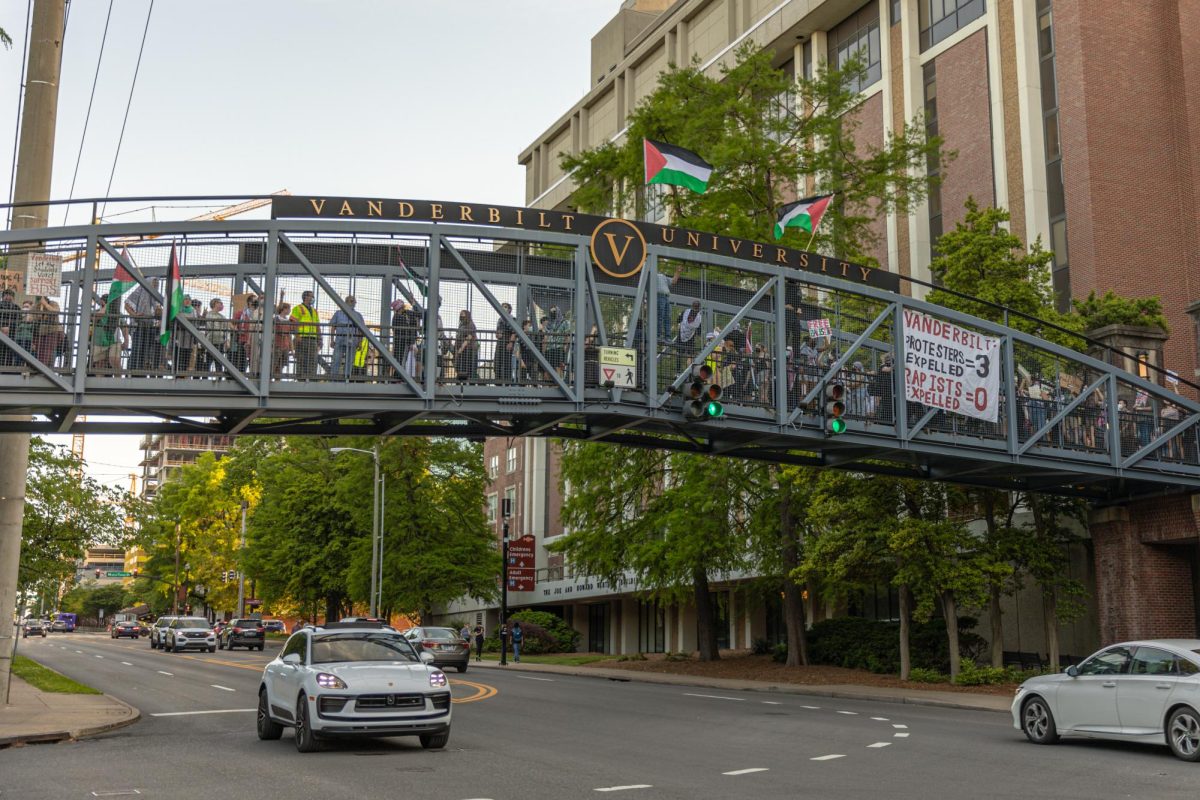


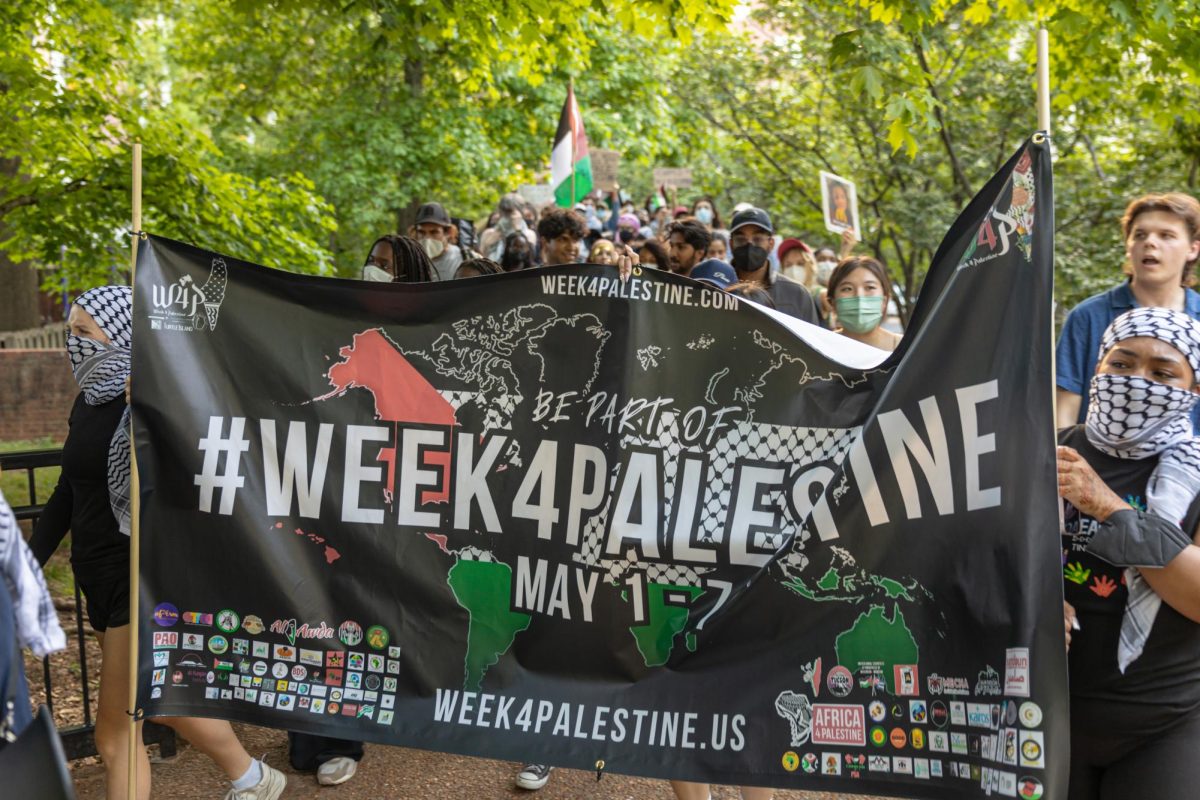
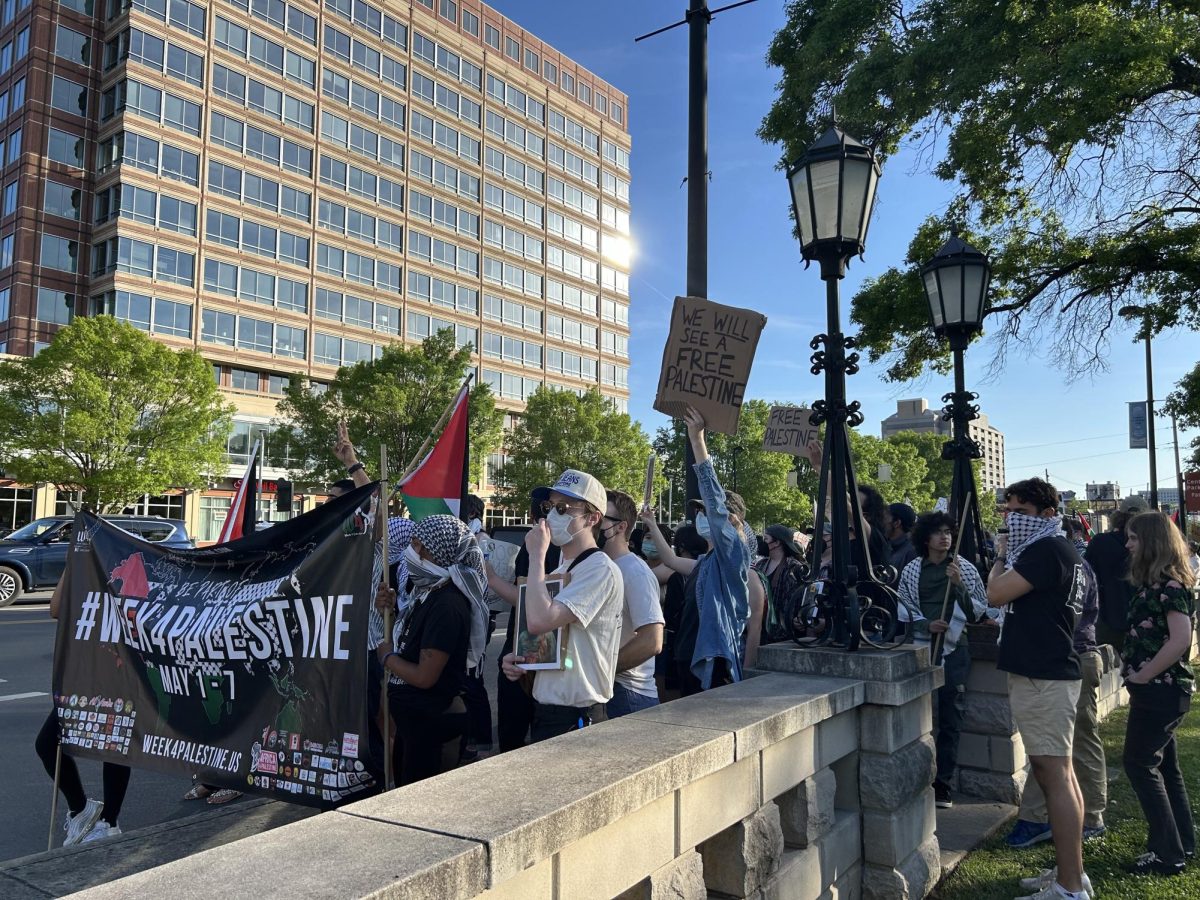
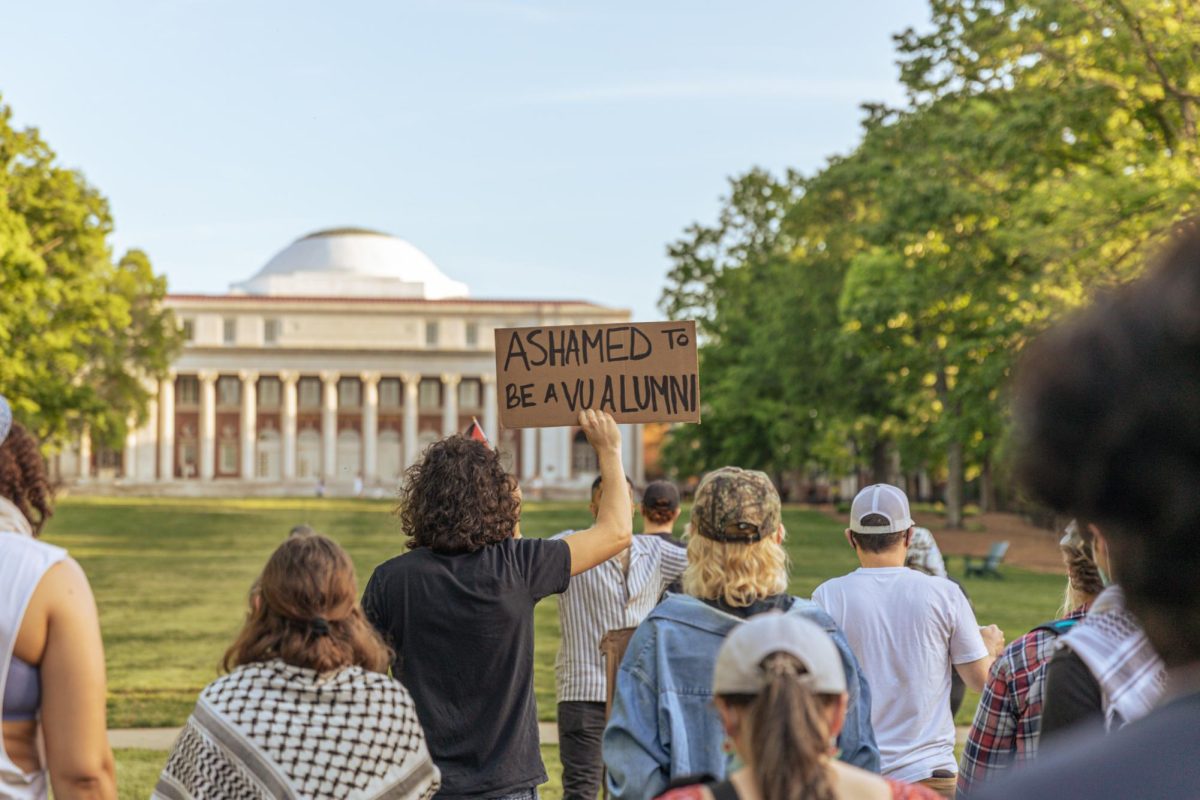

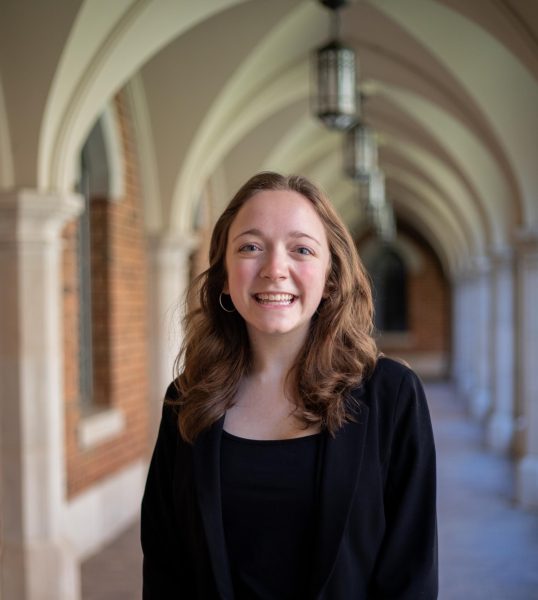
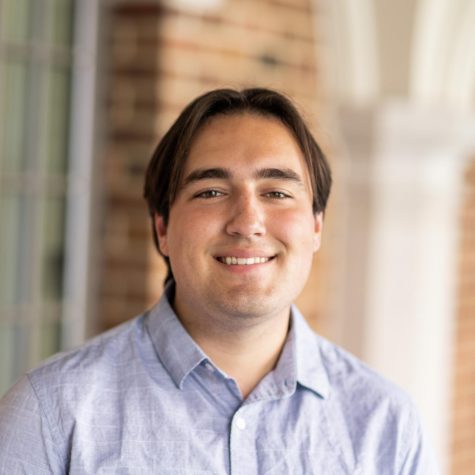
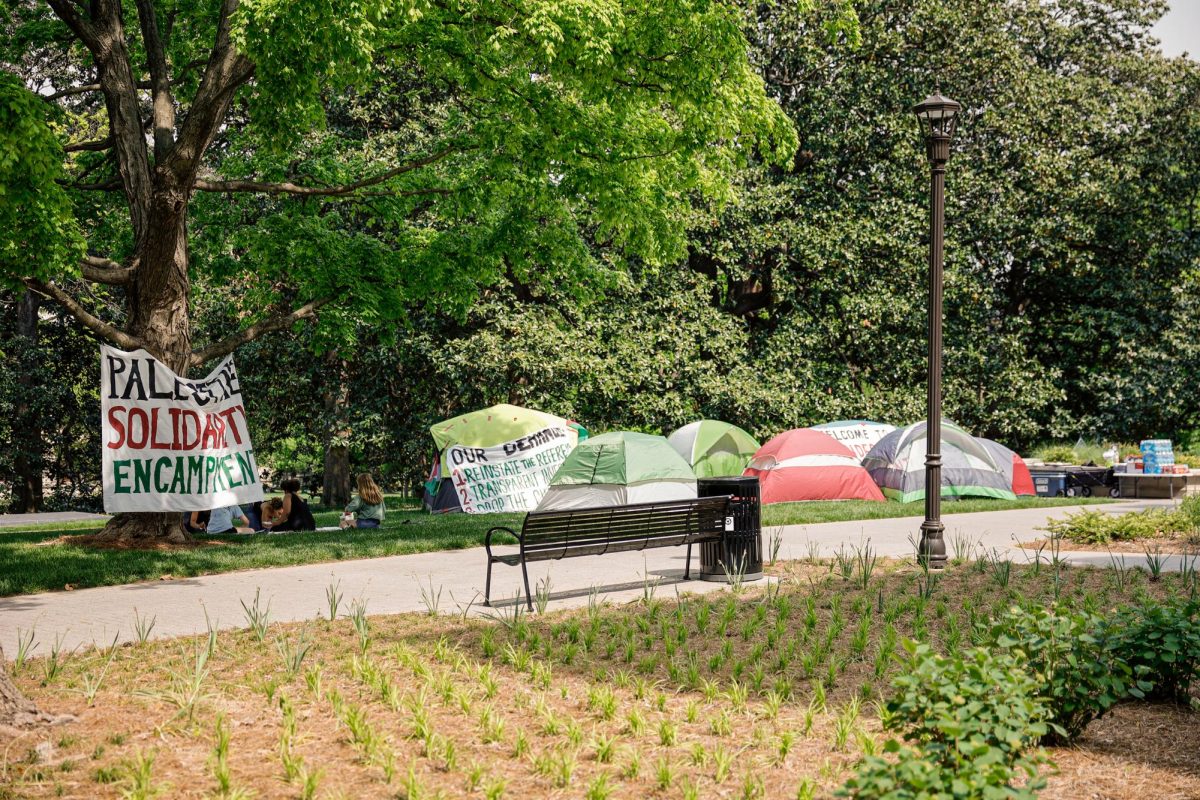

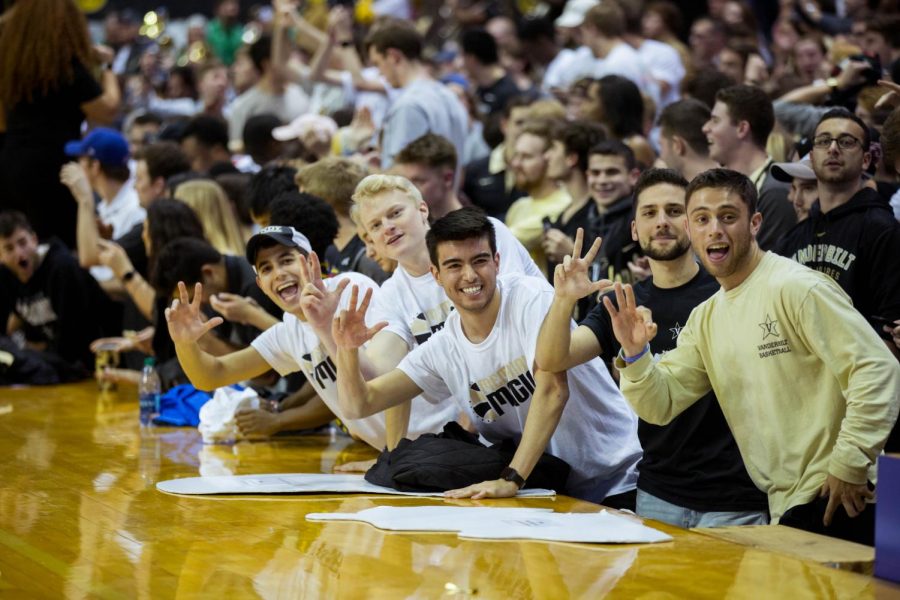
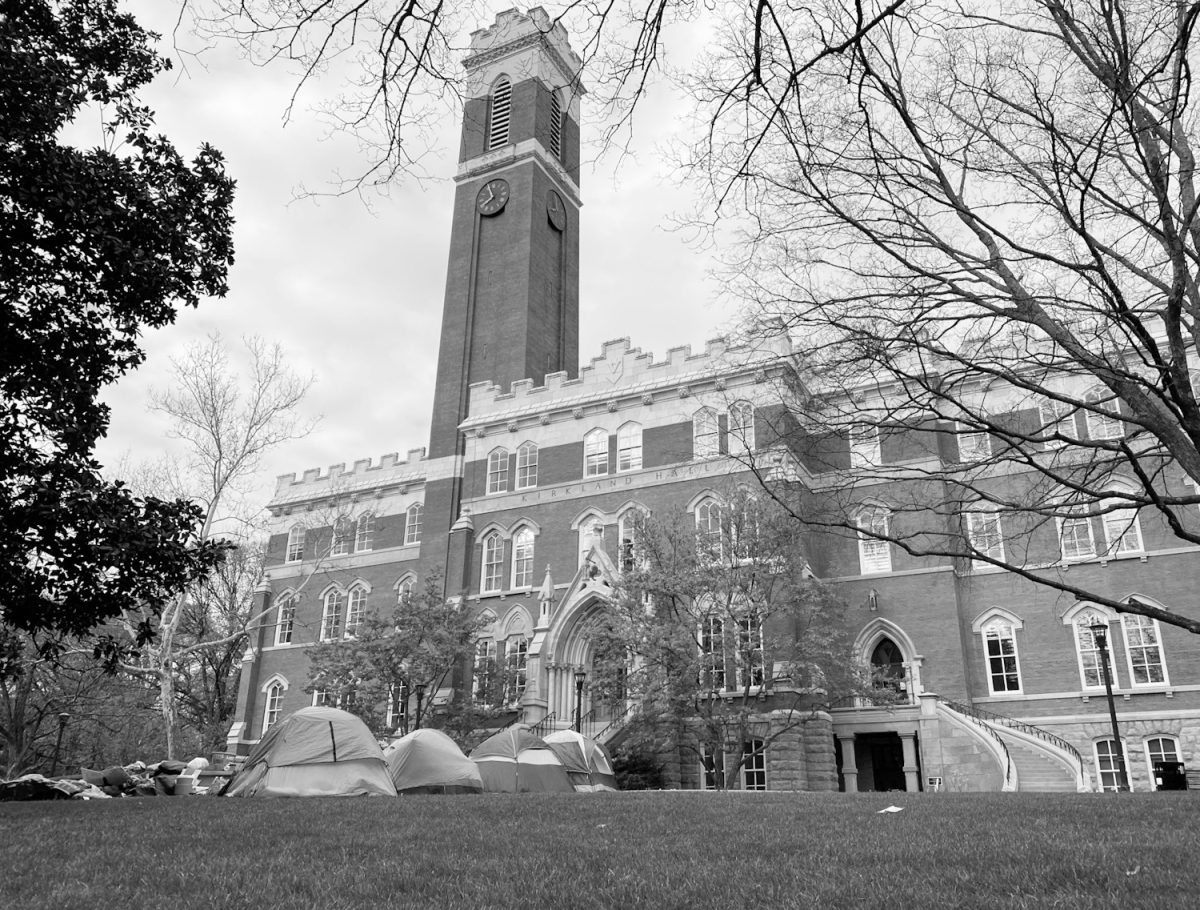
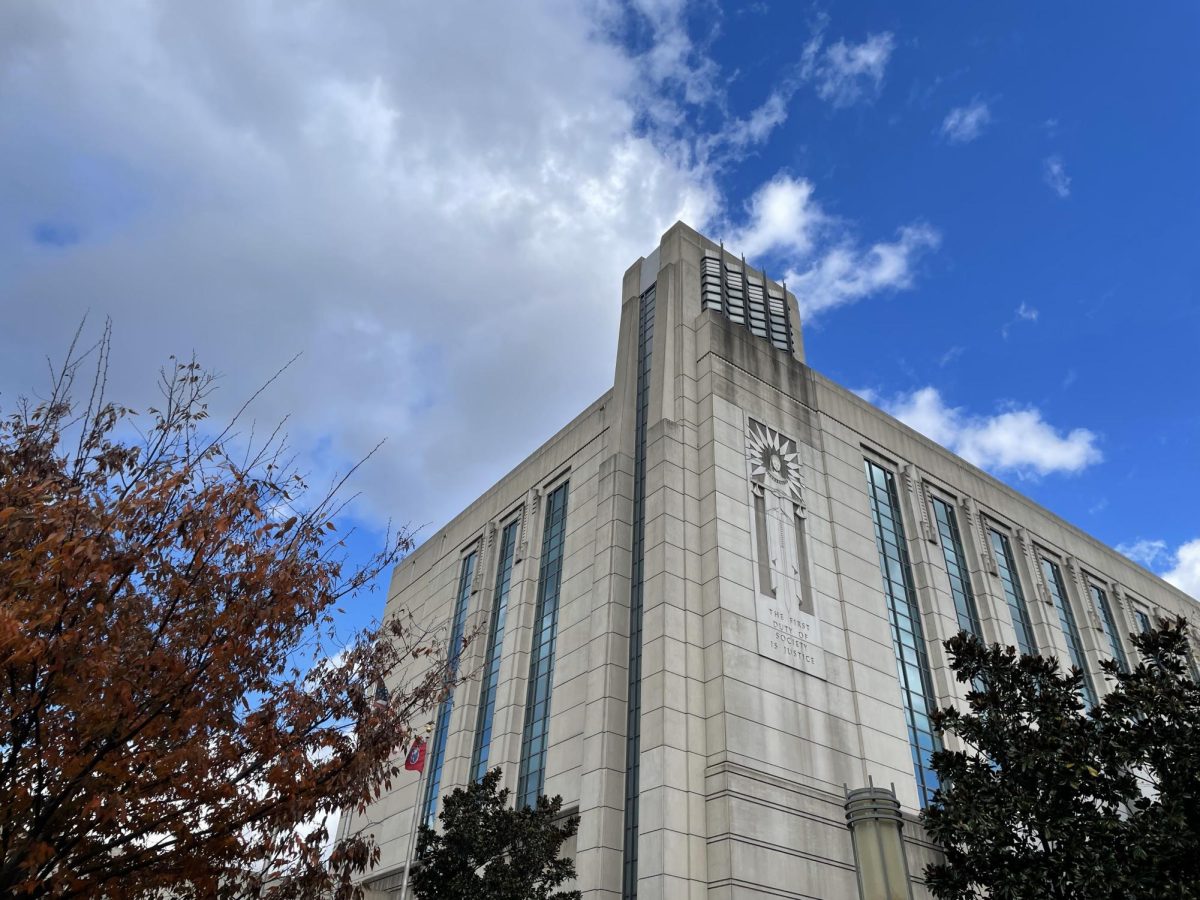
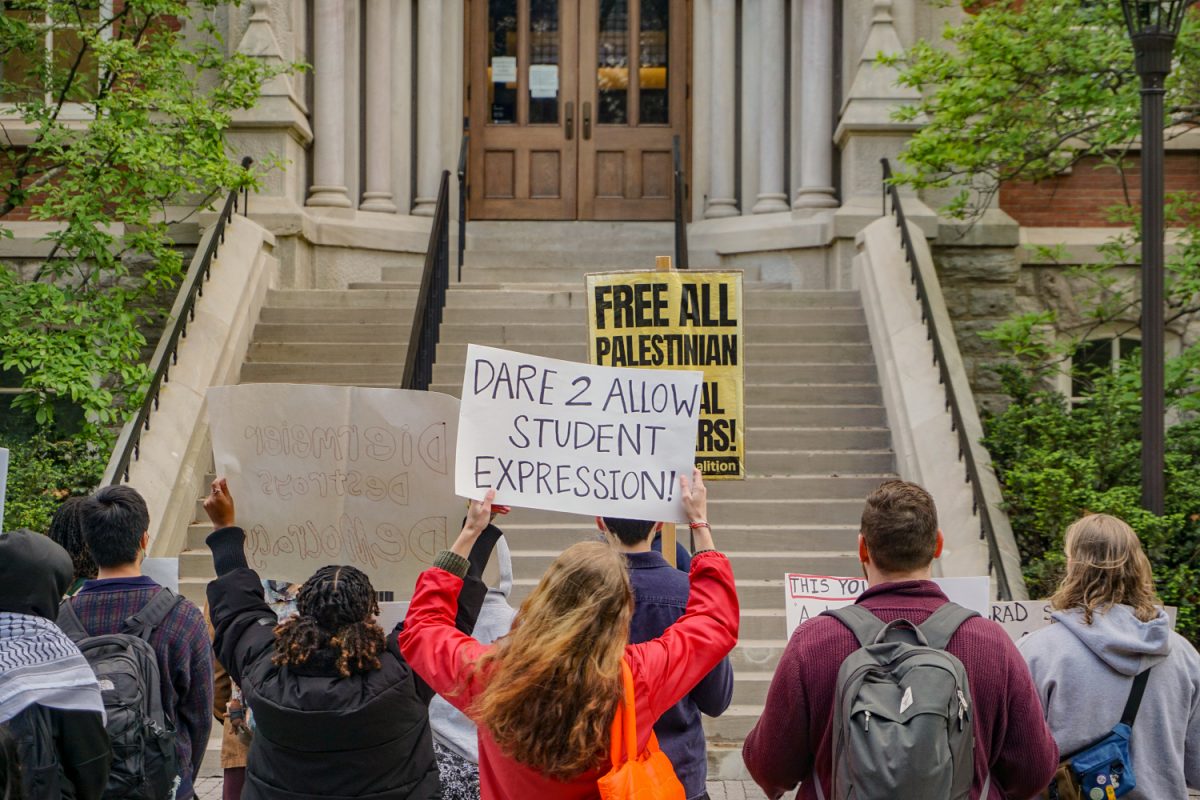
Vandy Feminist (she/her) • May 3, 2024 at 8:50 pm CDT
I support Palestine’s record on reproductive rights, anti-racism, DEI and 2SLGBTQIA+ rights.
Vandy student • May 3, 2024 at 4:56 pm CDT
“‘From the river to the sea, from the sea to the river,’ referencing Palestinian liberation”
…Please, Hustler staff, tell us how you really feel without telling us how you really feel.
Shameful bias! This slogan calls for GENOCIDE OF JEWS by wiping Israel off the map!